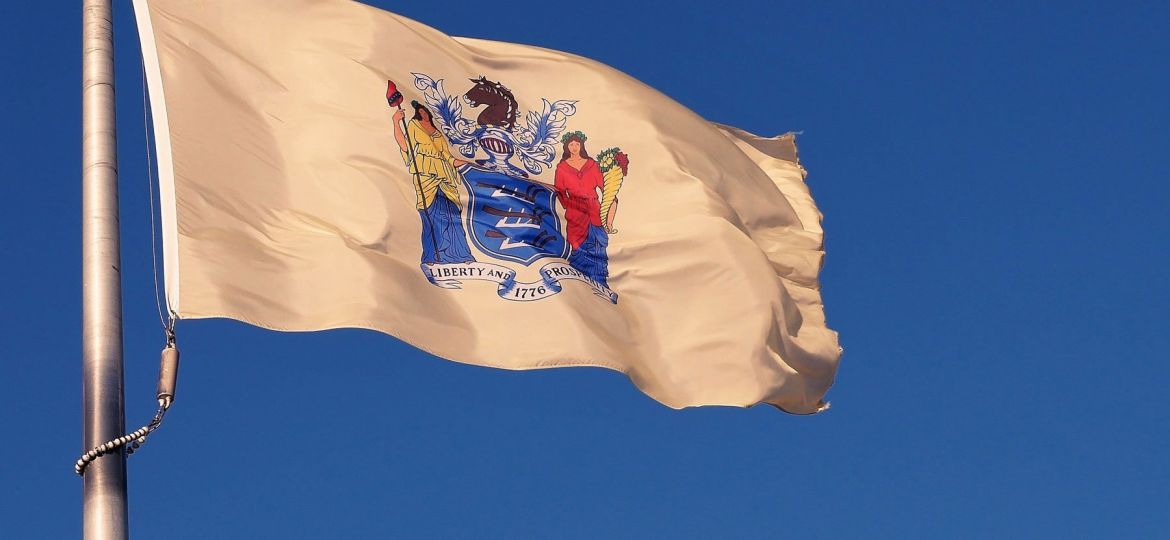
TRENTON – In a move to help constituents lower their utility bills and make their homes safer, the Senate Community and Urban Affairs Committee today advanced legislation sponsored by Senator Brian Stack which would create a weatherization pilot program in Union City, Trenton, and Camden, to help low-and-moderate-income families pay for much needed energy efficiency improvements.
“Collectively, many of our constituents not only struggled to get through the pandemic but they are facing inflationary pressures on everything from food to energy. This is especially true for low-to-moderate-income families,” said Senator Stack (D-Hudson). “Weatherization can improve energy efficiency and lower energy costs, and this pilot program will do just that.”
The bill, S-3602, would create a $30 million pilot program utilizing American Rescue Plan Act (ARPA) funds to assist families in paying for weatherization improvements including but not limited to: vapor barriers, insulation, barriers between homes that have a common cockloft or attic space, new windows, and both passive and active attic venting.
“We currently have federal funds that that can be used for weatherization improvements. We should use this money as soon as possible to help the most vulnerable members of our society lower their energy costs,” continued Stack.
“Additionally,” said Stack, “in cities like Union City, Trenton and Camden, the issue of common cocklofts and common attic areas not only reduces the effectiveness of HVAC systems, but they also pose a major fire threat because a fire in one building has a clear, unobstructed pathway to adjacent buildings. This has resulted in entire city blocks going up in flames.”
Stack went on to say, “Weatherizing attic spaces through the installation of barriers between connected buildings such as row homes, will have the ancillary benefit of reducing fire spread from one building to the next.”
“At the end of the day, this bill will not only help low- and moderate-income families save money on their energy costs, it will ultimately save lives,” said Stack.
The bill was released from committee by a vote of 5-0.

